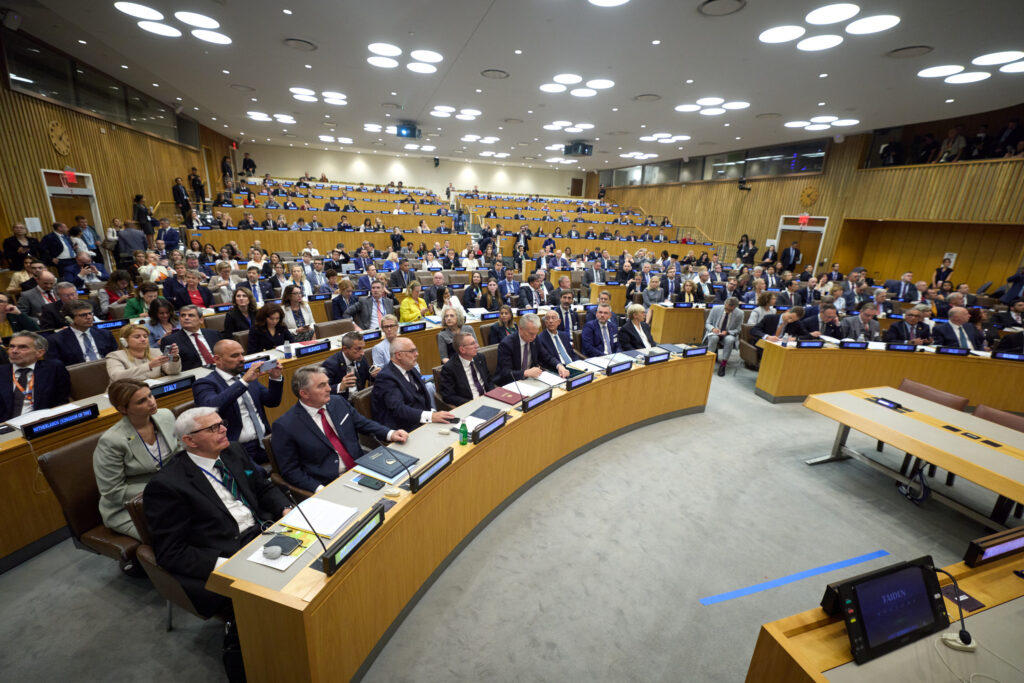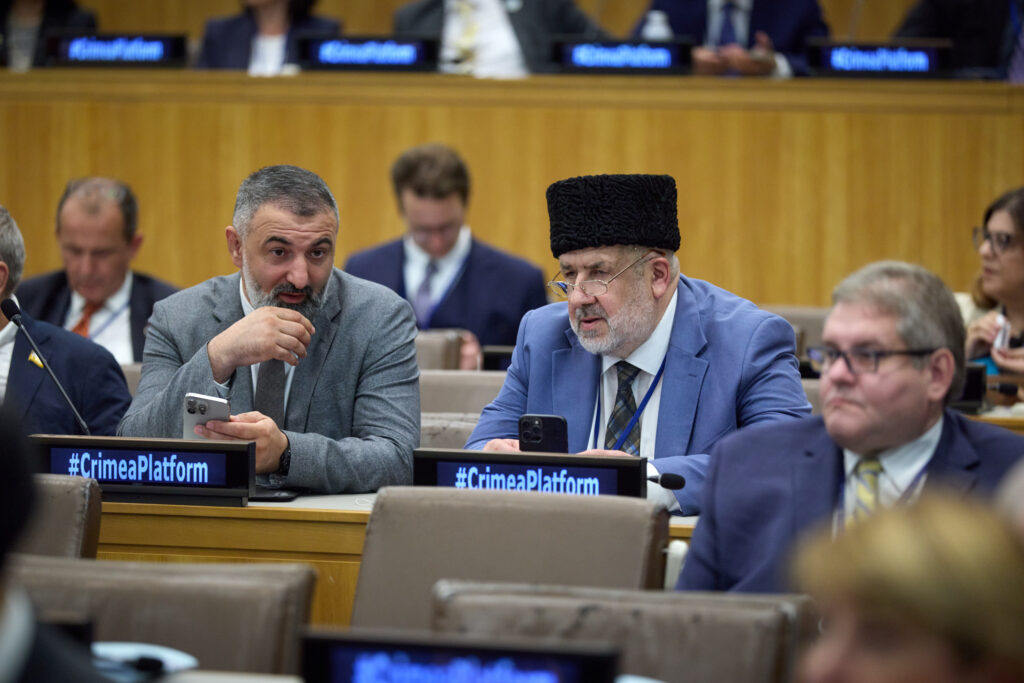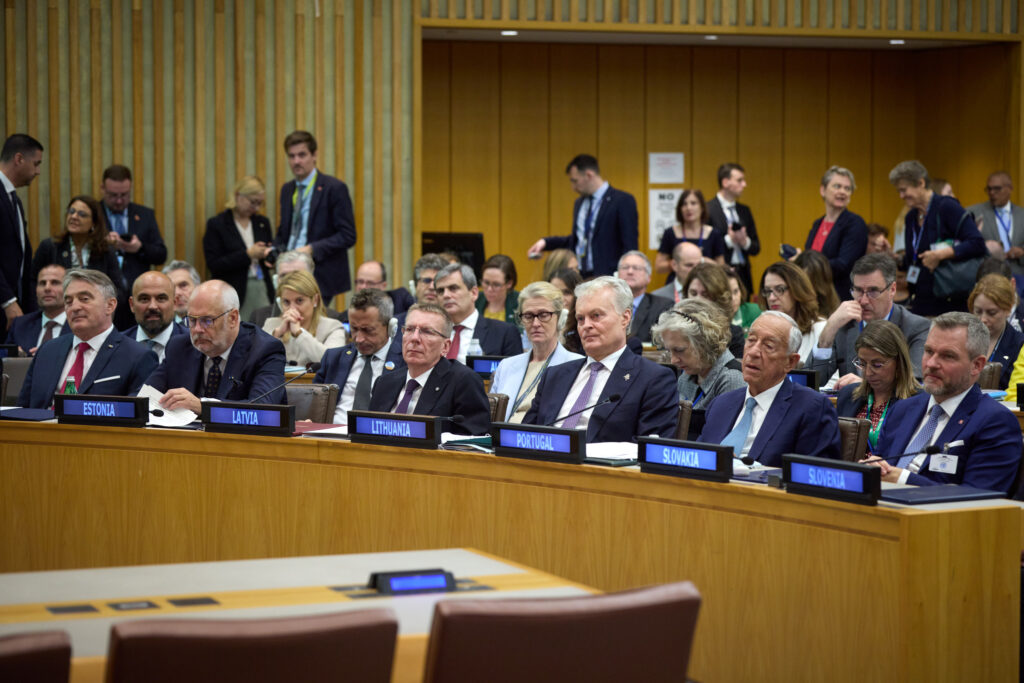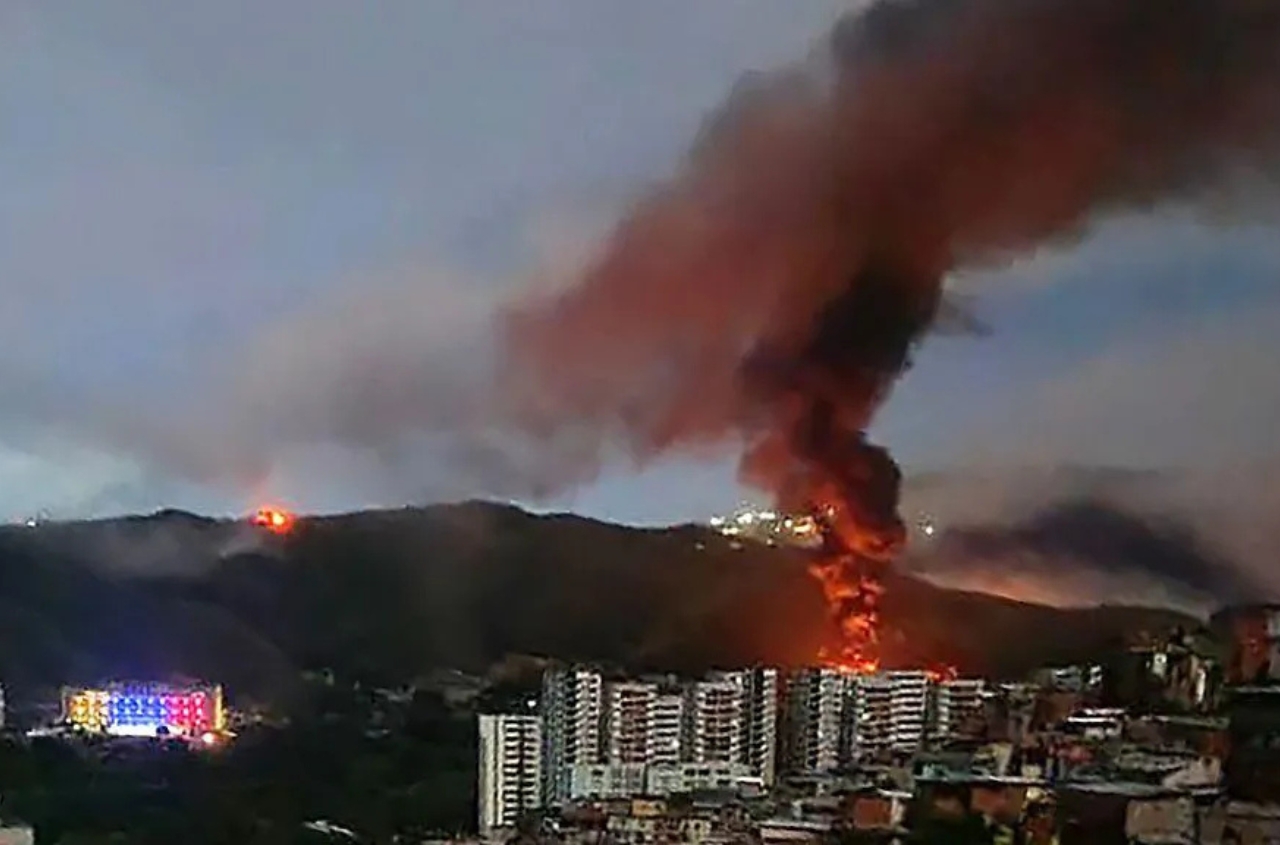On 24 September 2025, the Fifth Crimea Platform Summit took place in New York, USA, bringing together a significant number of leaders and senior officials. Representatives of 54 countries and seven international organisations from all continents and regions participated in the event.
This year’s Summit was held on the sidelines of the UN General Assembly, marking the 80th anniversary of the signing of the UN Charter. It became a symbol of strengthened support for the Charter’s principles such as sovereignty, territorial integrity and the peaceful settlement of disputes. The Summit was notable for its substantial expansion of representation compared to previous years, uniting leaders, senior officials and international organisations from across the world.
Participants included a wide range of countries, regions and international organisations. In particular, representatives of the Mejlis of the Crimean Tatar People took part, along with officials from Bosnia and Herzegovina, Estonia, Latvia, Lithuania, Portugal, Slovakia, Slovenia, Liechtenstein, the Netherlands, Andorra, Belgium, Belize, Bulgaria, Cabo Verde, Ireland, Luxembourg, Malta, Turkey, Sweden, Japan and 34 other countries.
Among the international organisations present were the OSCE and six other global bodies.

Special attention was given to the role of the UN General Assembly in defending the sovereignty and territorial integrity of states, to the resolutions it has adopted in response to Russian aggression, and to the importance of these documents in preventing new acts of aggression worldwide. Security challenges in the Black Sea and Azov regions, the human rights situation in occupied Crimea, and international efforts to achieve its de-occupation were also discussed separately.
Following the Fifth International Crimea Platform Summit on 24 September, the New York Declaration was adopted. Its symbolic significance is amplified by the fact that it took place on the sidelines of the UN General Assembly on the 80th anniversary of the signing of the UN Charter. The Declaration reaffirms states’ commitment to the Charter’s principles — respect for sovereignty and territorial integrity, renunciation of the use of force and peaceful settlement of disputes — confirms the illegality of any territorial acquisitions through aggression, and the non-recognition of the occupation and attempted annexation of Ukrainian territories, including Crimea and the city of Sevastopol. The document highlights violations of human rights and international humanitarian law in the occupied territories, supports UN General Assembly resolutions since 2014, and encourages active participation in diplomatic efforts and coordination formats, including the International Crimea Platform, to achieve a comprehensive and lasting peace in Ukraine.
The full text of the New York Declaration is available here — https://cutt.ly/arNOWj6k.
Foreign Minister of Ukraine Andriy Sybiha opened the Fifth Crimea Platform Summit, emphasizing the importance of international solidarity in countering Russian aggression. He noted the broad participation of states as proof of the platform’s relevance and the world’s commitment to the UN’s most fundamental principle — the territorial integrity of states.
“For Ukraine, the UN Charter is not just a document but the foundation of international law,” Sybiha said. “Restoring Ukraine’s territorial integrity is essential to restoring the Charter’s authority. International law must prevail. Peace must be restored and preserved — and that is possible only through strength.”
President Volodymyr Zelensky underlined the global danger of Russia’s occupation of Crimea and warned against normalizing aggression. “Crimea is not just a piece of land. For millions of Ukrainians it is home, identity, and way of life. For Russia, territorial expansion has become a habit,” he said. Zelensky highlighted repression against Crimean Tatars, the peninsula’s militarization, and urged partners to maintain sanctions until Russia ends its war and occupation.
Crimean Tatar leader Mustafa Dzhemilev called liberation of Crimea a matter of survival for his people amid systematic persecution by the occupying administration. He warned that any Russian-imposed “peace deal” would only be a pause before a bloodier war and urged the world to remain steadfast in supporting Ukraine and the Crimean Tatars.
World leaders echoed these messages. Bosnia and Herzegovina’s Željko Komšić stressed that no state has the right to seize land, kill civilians or carry out ethnic cleansing for political gain. Estonia’s President Alar Karis underlined the importance of independent media and access to reliable information in occupied Crimea. Latvia’s President Edgars Rinkēvičs reminded participants that the war began in 2014 with Russia’s seizure of Crimea. Lithuania’s President Gitanas Nausėda urged against easing sanctions, pointing to arbitrary arrests, torture and forced erasure of Ukrainian identity in Crimea.

Portugal’s President Marcelo Rebelo de Sousa condemned the occupation as a breach of international law and called for the return of deported children and respect for humanitarian corridors. Slovakia’s President Peter Pellegrini stressed that the UN Charter is not “à la carte” and the Crimea Platform stands as a symbol of solidarity. Slovenia’s President Nataša Pirc Musar called for the immediate withdrawal of Russian troops.
Leaders from Liechtenstein, the Netherlands, Andorra, Belgium, Belize, Bulgaria, Cabo Verde, Ireland, Luxembourg, Malta and others reaffirmed support for Ukraine’s sovereignty and territorial integrity. They highlighted repression of Crimean Tatars, illegal demographic changes, forced passportization, environmental damage from militarization, and violations of human rights on the peninsula.
Turkey’s Defence Minister Yaşar Güler said protecting Crimean Tatars’ rights is not only a foreign policy issue but also a historic and moral duty for Turkey, which has never recognized the occupation. OSCE Chairperson and Finland’s Foreign Minister Elina Valtonen reiterated that “Crimea is Ukraine” and condemned Russia’s deportations and mistreatment of civilians and prisoners.
Sweden’s Foreign Minister Maria Malmer Stenergard called for increased pressure on Russia. Japan’s Foreign Minister Takeshi Iwai confirmed Tokyo’s steadfast support for Ukraine’s sovereignty, including Crimea, alongside new sanctions and plans for reconstruction aid.
Across all speeches, one message prevailed: Crimea is Ukraine, international law must be upheld, and aggression cannot be rewarded. The summit reaffirmed that Ukraine is not alone — and that global partners remain committed to restoring its territorial integrity and securing a just, lasting peace.




















